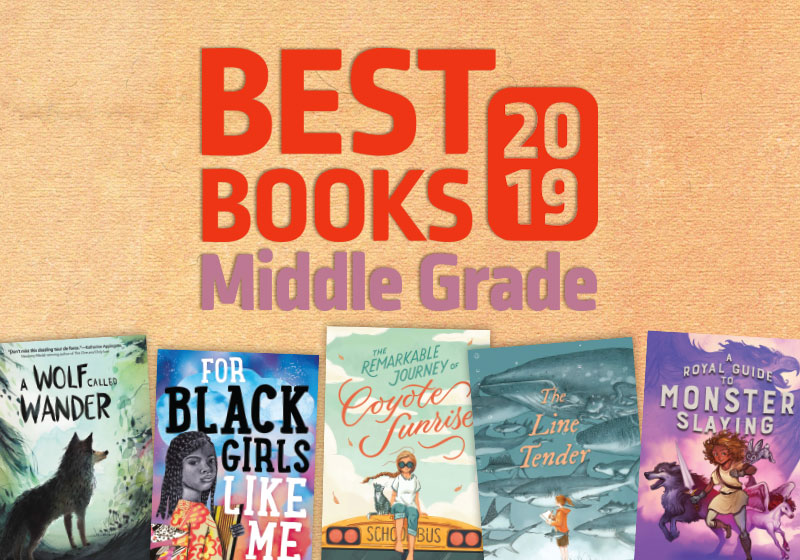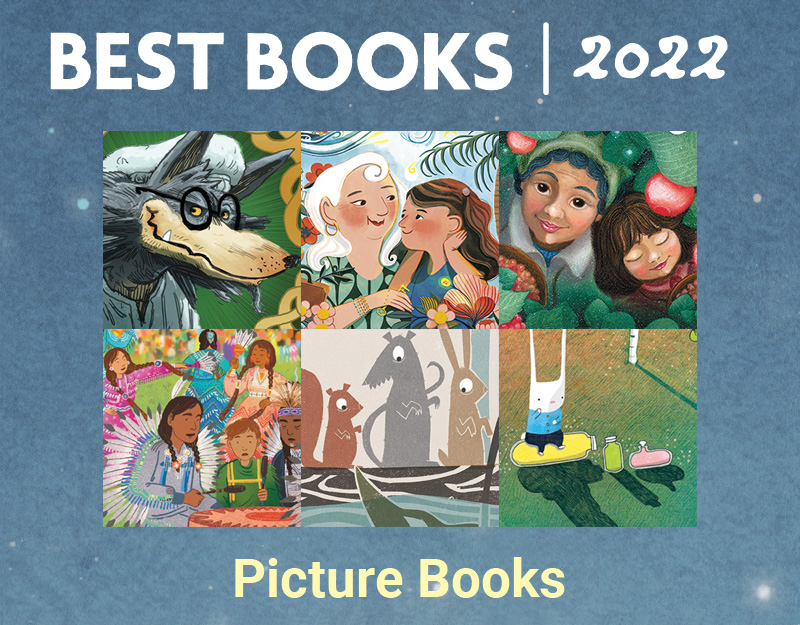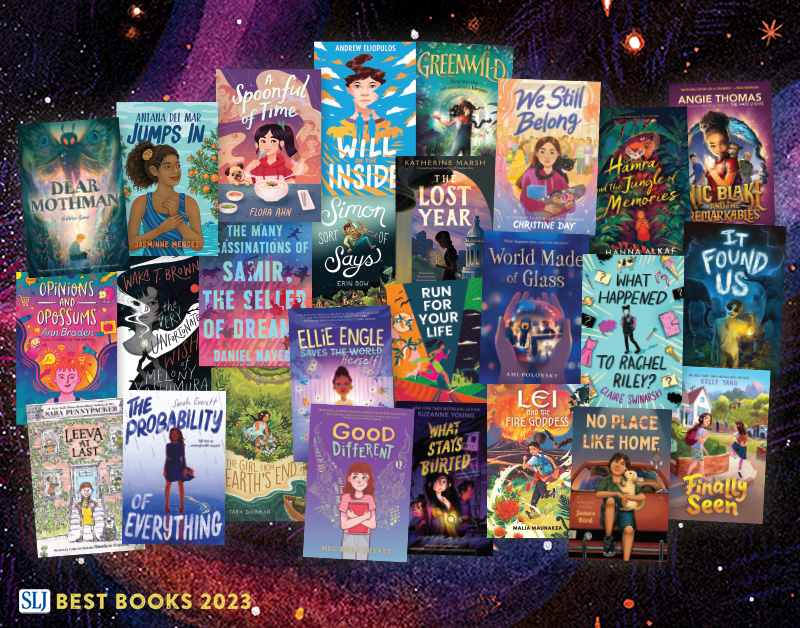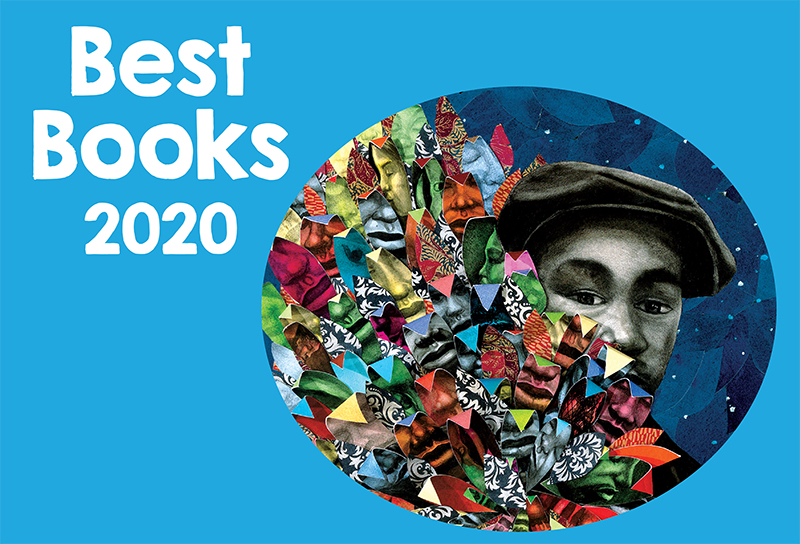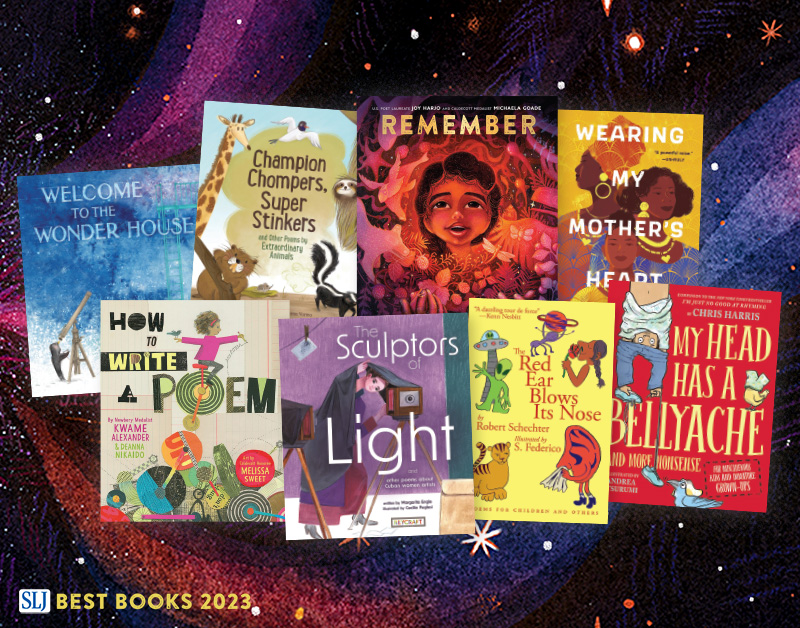Inside Out meets The Muppet Show: Michelle Cuevas Discusses Her Upcoming The Dreamatics
Have a good premise, my incipient children’s authors, and you will go far. And I like talking to authors but honestly I can’t be doing interviews with all of them out there. It’s not fair but there are only so many hours in the day to do such things. And yet, when I heard the premise of The Dreamatics (out September 12th!) I was distinctly intrigued. Here’s the premise. You read it through and then tell me if you would be able to resist:
Have you ever awakened from a dream and thought, what was THAT?! A platypus waddling through my school while singing the word farfanoogle? Well, that dream was performed by a dream theatre, and this is the story of one such place: The Lunarian Grand.
The Lunarian is a magical theatre with a mind of its own, often redecorating on a whim or making it snow from the rafters. The theatre’s troupe call themselves the Dreamatics, and together they grow sets from seeds, sew costumes that can change an actor’s shape, and each night when a girl named Luna goes to sleep, they produce her spectacular dreams: dreams of memories, family, and her beloved dog, Murph.
But when something devastating happens in Luna’s waking life, the theatre falls under new management in the form of the Bad Dreams. Now it’s up to a loyal stagehand named Dormir and the Dreamatics to put things right and restore balance in their world and in Luna’s.
Go behind the scenes of your dreams in this enchanting novel full of cozy magic, humor, and wonder.
Okay. That’s a lot. And now, doggone it, I have questions. See what I mean about having a good premise?
Betsy Bird: Michelle! Thank you so much for taking the time to answer my questions about your latest middle grade! It is, I admit, not a plot I’ve ever encountered in a novel for kids before, so I gotta ask, how did you think this up? Where did the idea come from?
ADVERTISEMENT
ADVERTISEMENT
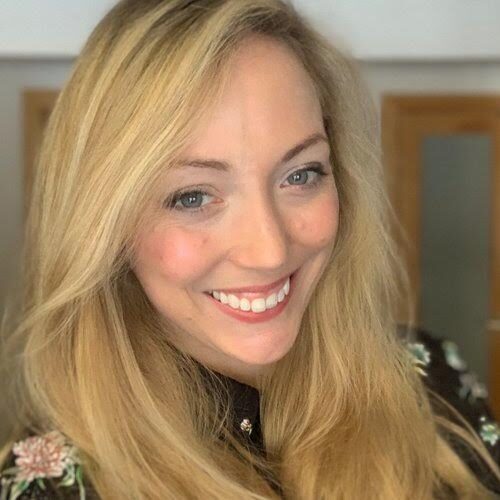
Michelle Cuevas: “Not a plot I’ve encountered before” is such a great thing to hear! I have three brothers, and growing up they would always say, “you are the weirdest person I’ve ever met,” (I mean, how many people had they possibly met?) But it continued as we got older, and I felt very vindicated when I found this job that embraces weirdness and celebrates life’s unencountered plots.
Thinking back, the specific idea for The Dreamatics came from the same place dreams often come from… the magical land of Anxiety. I decided to create a dream theatre a couple years ago when I began taking medication to treat anxiety – fun(ish) fact: in the beginning, antidepressants give many people intensely vivid dreams. I found myself thinking more and more, where does this stuff come from?? Once I started writing about the Dreamatics, I would find myself waking from a particularly wild dream and thinking not, what is wrong with me to dream something so odd? but instead, Hey, really creative performance, team. Way to go!
My hope would be that readers could find that same comfort, and that whatever form dreamers’ dreams may take, they know that it’s just a show, and that the Dreamatics behind the production care about them a whole awful lot.
BB: Speaking of the folks behind the performances, I know some folks are comparing the book to Inside Out, but I’m also getting some strong Fantasticks vibes off of the concept as well. Were you a theatre kid at all? Or do you love the theatre yourself today?
MC: I am a certified theatre nerd from way back. (And a band geek, but I’ll save that for another book. Go alto sax!) My first role was playing Amanda Chickenwing in our eighth-grade performance of Murder in the Magnolias. I danced with a broom, wore a wig, had a terrible accent, and was hooked. I went on to act in plays throughout high school. Our public school didn’t have a dedicated theatre, so we performed on the stage in the cafeteria with a lingering smell of Tater tots in the air, but that didn’t matter to us; we loved the wall covered in initials from thespians past, the worn velvet curtain, the way we could transform a cafeteria into fairgrounds and faraway lands, summer days and fields of snow.
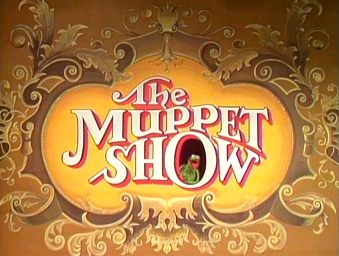
I’d like to say this book was inspired by a sophisticated theatrical work, but it was honestly mostly The Muppet Show. I’ve always been a huge fan of the humor, heart, and absolute chaos. This line didn’t make it into the book, but my Hensonian dream theatre motto is: “There are no rehearsals, the story lines are impossible to follow, and you’re the confused guest star!”
BB: Muppet fan that I am, I should have guessed that. Stellar tagline, by the way. Could you tell me a little bit about the process of creating this world? Was this always how you envisioned the book from the start or did you change much between the first concept and the final product?
MC: I think my favorite part of creating a book is taking a known, universal thing – dreams in this case – and trying to create a whole new world and system for how it works. The Dreamatics was my first foray into fantasy-type magic, so I started by imagining the theatre as a character, an enchanted place with a mind and magic of its own. The theatre has moods, (heavily influenced by the dreamer and her life), often changing the weather indoors and making it thunder or snow, redecorating on a whim, or building new rooms and hallways and trap doors.
I had so much fun combining all the things I know about the theatre with the things we associate with dreams. In the Lunarian Grand there are beaded eyes on the curtains that open when Luna’s awake and close when she falls asleep, an orchestra that creates the emotions in dreams with its music, sets grown from seeds, costumes that can morph an actor’s shape, and Friday-flavored popcorn, (tastes like the expectation of sleeping in and chocolate-chip pancakes).
I guess, looking back, the process of creating this world was the process of creating a place I’d want to visit – one filled with the warm glow of the stage lights, cozy magic, and the smell of old leather seats and sawdust. A place that’s majestic but also feels like home.
BB: The Dreamatics is such a visual construct too. Could you see it ever being adapted into a graphic novel or movie? Or, for that matter, would you ever have any interest in adapting it to the stage?
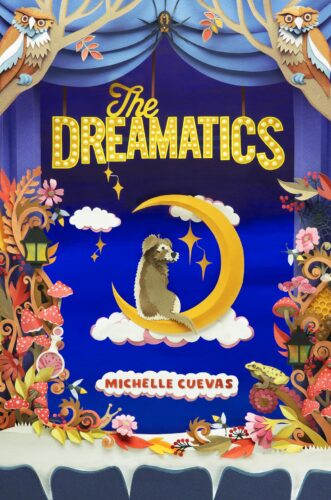
MC: I always write stories with the intent for them to live their biggest, best, most fabulous lives. It would be a dream come true to see this as a Pixar film. I could also see it as a television series where each episode deals with a different young person’s dreams and the emotions surrounding them. Writing a play is actually on my writing bucket list, so to answer your question: yes! To everything!
BB: A good attitude! A bit more scientific I suppose, but what do you personally believe is the role of the dreams we have each night? I do believe scientists have never quite pinned it down, so I’d be interested in your interpretation.
MC: I love reading books and articles about science and philosophy, or the combination of the two. My last novel was about a pet black hole, and the idea actually came from a NASA article about micro black holes that contained the line, “Why, your neighbor could have a pet black hole and you wouldn’t even know it.”
So, for this novel, I was doing a lot of research into our brains, how they work, and the current thinking about dreams. The part that intrigued me the most was in a section about non-human dreaming. It read:
Latest research shows that when dogs sleep, they are dreaming about their humans. Since dogs are generally extremely attached to their human owners, it’s likely your dog is dreaming of your face, your smell, and of pleasing or annoying you.
I’ve always liked watching my dogs when they’re dreaming, (shoutout Fable and Indy, congrats on learning to read), and how they make those little happy whines and move their paws like they’re swimming or running or digging a hole. But after I read that research, I realized they’re not running away from something, or fetching a ball, or chasing rabbits through the grass. They’re dreaming of running toward me. Which is maybe the most wonderful, flattering thing in the world.
My stepdad who raised me passed away some years back, and I imagined that when I dreamed of him it would be epic and all very Yoda-like, but in reality, when I see him in dreams, it’s usually something like I’m back living with my parents as a teen and having a mundane argument. And I really like that. I think after we lose someone, we often put them and our memories on a pedestal. But our dreams remind of us all the minutiae that goes into a real person and relationship, all the layers.
I guess I think dreams are a place we can sort through our emotions, have new conversations with old memories, or just run, full speed, toward our very favorite human.
BB: Awww. I feel like I should just end the interview right there, but it’s tough question time. Hold onto your hat here and tell me . . . What is one dream you had as a kid that you haven’t been able to shake, even after all these years?
ADVERTISEMENT
ADVERTISEMENT
MC: I think it’s so fascinating how we often have the same dream over our entire lifetime, a place of connection between all the yous you’ve ever been. I actually have a recurring dream since I was pretty young that’s super topical for this book… in it I’m an actress in a play, and I’m about to go on but I NEVER LEARNED MY LINES. And in the dream, I’m always searching for a copy of the script, like maybe I can cram before going on stage, but nobody ever has a copy. Why? How are we performing a play without ever having a script? Is it improv? I also have a fun one where I can fly, though I always stay pretty close to the ground and trees. And in the “probably shouldn’t admit” category, I have a dream every few years where I need to hide a dead body and am really bad at it. I told my husband about it, and he has the same recurring dream. Creepy soulmates!
I actually wrote a chapter in The Dreamatics where the characters find a dream interpretation book and they start existentially questioning their existence, but I ended up cutting it because I didn’t want to push kids to assign meaning to their dreams. My philosophy is more this quote that isn’t actually a quote: Don’t judge ye dreams lest ye judge ye-self.
BB: Marvelous (and for the record “Creepy Soulmates” would be a good book title). Finally, what’s next for you after this? What else is coming up for you?
MC: I like trying new things, and I think the perfect creative project is one that makes you freeze and say TOO SCARY, and then you dial it back juuuust a little bit. So, some things that give me that feeling include writing an entire book series, an adult literary novel, a stage play, and the lyrics to an album for kids.
But that’s during the daytime. At night I’m going to hide the body, learn my lines, and fly away into oblivion.
The good news is that The Dreamatics sounds delightful. The bad news is that it’s really and truly not coming out until September 12th. Sorry, folks! In the meantime, I’d like to thank Michelle for her delightful answers (seriously, this is how you do it, people) and also Jenna Smith and the folks at Penguin Young Readers for putting this together.
Filed under: Interviews
About Betsy Bird
Betsy Bird is currently the Collection Development Manager of the Evanston Public Library system and a former Materials Specialist for New York Public Library. She has served on Newbery, written for Horn Book, and has done other lovely little things that she'd love to tell you about but that she's sure you'd find more interesting to hear of in person. Her opinions are her own and do not reflect those of EPL, SLJ, or any of the other acronyms you might be able to name. Follow her on Twitter: @fuseeight.
ADVERTISEMENT
ADVERTISEMENT
SLJ Blog Network
2024 Books from Pura Belpré Winners
Winnie-The-Pooh | Review
Parsing Religion in Public Schools
Finding My Own Team Canteen, a cover reveal and guest post by Amalie Jahn
ADVERTISEMENT



